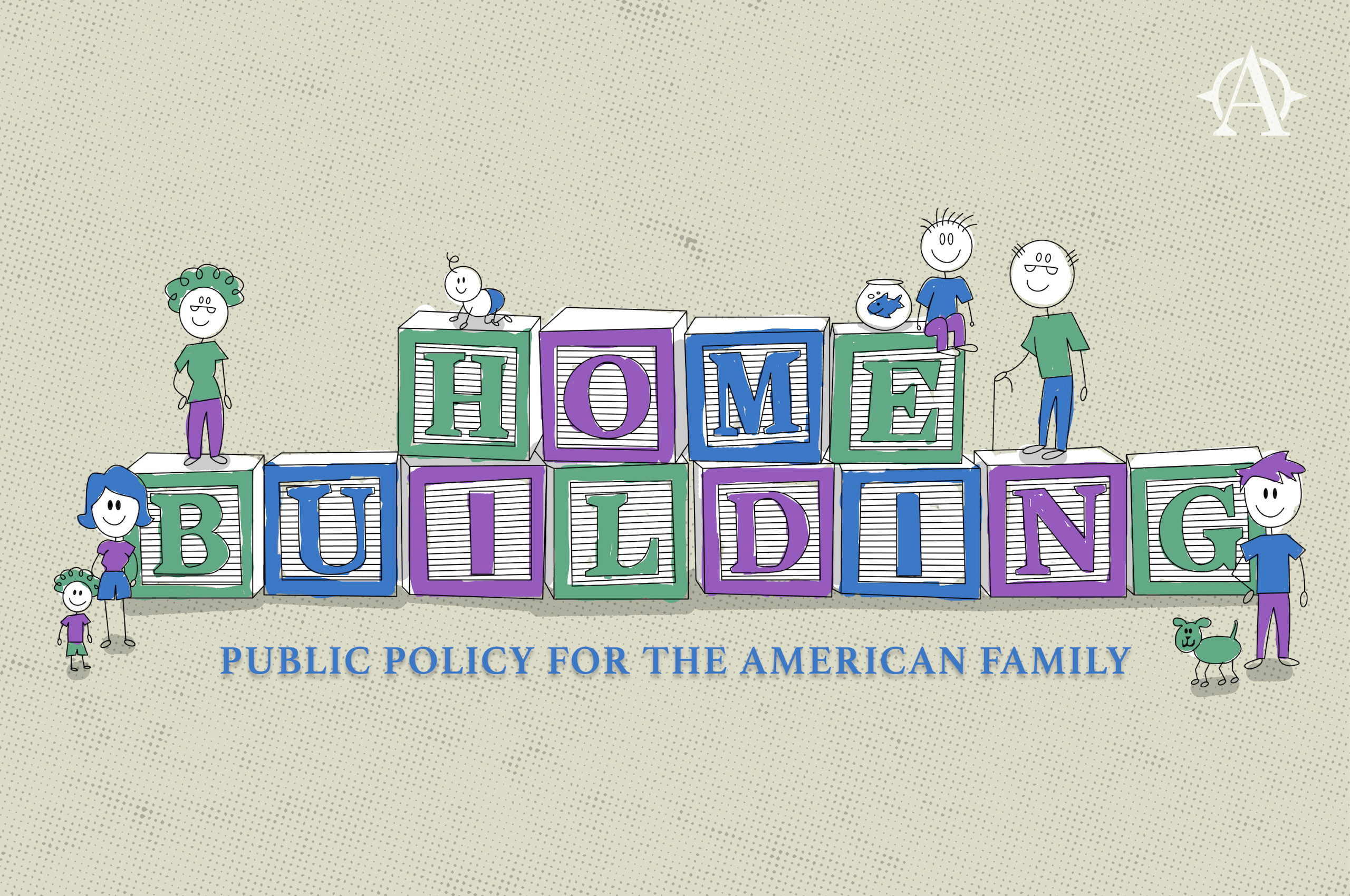
RECOMMENDED READING
Imagine a family policy that increased toddlers’ “anxiety, aggression and hyperactivity,” later made school-age children more likely to act up and less satisfied with life, and was ultimately linked to a “sharp … increase in criminal behavior.”
Would you be all in for such a policy? Probably not.
This was not the intent of policymakers in Quebec when they pushed through a universal child care program in 1997. In fact, their intent was to ensure a “healthy start” for all children by making low-cost child care available to all parents, while simultaneously boosting the financial fortunes of families by putting both parents back in the workforce as quickly as possible.
…
The bottom line: Poor and working-class families are more likely to prioritize the parental freedom of cash more than child care, whereas the educated and affluent are more likely to value child care, according to the Home Building Survey by American Compass.
Recommended Reading
Canucks in the Cradle
Canadian Conservatives successfully championed universal child benefits and have lessons for their neighbors to the south.
Is a New Entitlement Program the Solution for Working Families?
How does the Fisc stack up? Better than a universal child allowance, though I still have concerns.
The Family Income Supplemental Credit
This paper presents the case for a per-child family benefit that would operate as a form of reciprocal social insurance paid only to working families.












